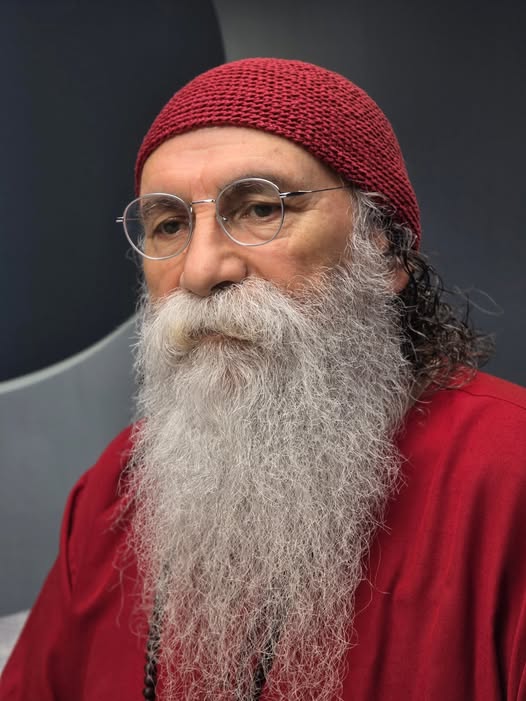“From our very first steps—even before we become individuals—we are thrown into a structure that operates discreetly but effectively: comparison. As soon as we open our eyes, someone is already being held up as a model, a benchmark, a standard. Someone who, we are assured, “does it better.” In that seemingly innocent gesture, the first crack appears: a silent wound that, although it does not bleed, never heals. Learning becomes competition. Play becomes an effort to fit in. And the gaze of others, at first external, infiltrates with relentless precision. We end up adopting it, evaluating ourselves from a place that was never our own.
Comparing oneself does not promote growth: it erodes it. It does not open up access to being, it closes it off. It is a tacit declaration of inadequacy. It is occupying the space one inhabits with the suspicion of being superfluous. It is slowly erasing oneself with almost imperceptible but cumulative gestures.
No one draws an equivalence between a river and a mountain, between a hug and a loving glance, between a poem and a sunset. Only those who have lost their sensitivity to the unique would commit such nonsense. Comparison does not bring clarity: it degrades. It is the act of ignoring the unrepeatable. It is reducing what exceeds all measure to an imposed metric. No one would think of demanding that the waning moon be full, or asking the sea to become a forest. And yet, human beings are required to coincide with someone else. With an ideal that, by definition, is foreign.
Comparison acts like a slow-acting poison. It does not cancel out immediately, but it weakens without pause. While one projects oneself outward, one forgets the only thing that could legitimately inhabit oneself: one’s own uniqueness. And it is precisely there, in what cannot be replicated, that value resides. No one has lived from your body. No one has felt with your senses. No one has looked at the world through your eyes. There is no second version. There will be no copy. There is no possible substitute. This understanding implies abandoning the race toward foreign forms. It means beginning to walk, perhaps for the first time, in tune with oneself. It means recognizing that one’s own journey has no equivalent. That one is not a replaceable piece. That beauty is not begged for: it is embodied.
And when this understanding takes root, the accessory is deactivated. It no longer matters who runs faster, who accumulates knowledge, who gets the most applause. Because you are you… unrepeatable… non-transferable… unique… and that is enough.”
Prabhuji




